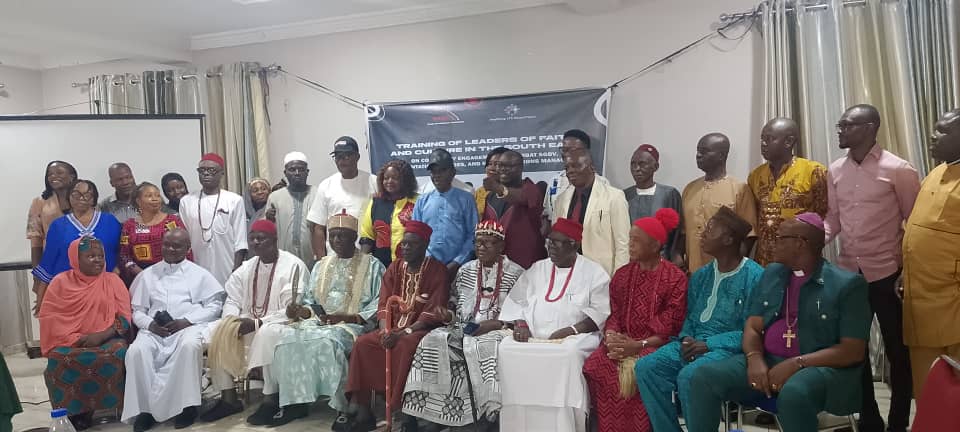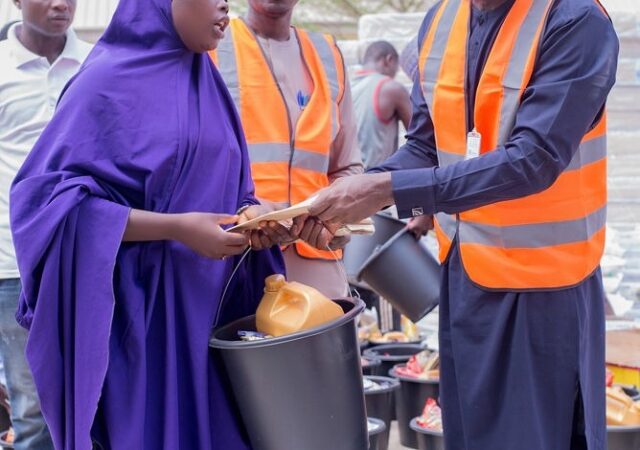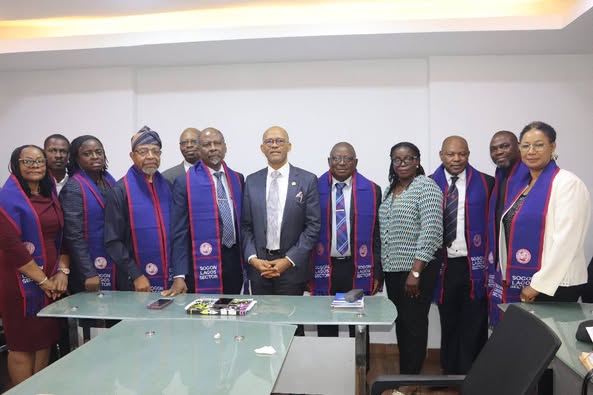Mrs Nnenna Anozie, Community Mobilisation Officer at the Media Development Foundation, has stated that when it comes to issues of sexual and gender-based violence (SGBV), ‘everyone is a suspect’.
Anozie made the assertion at a training and community engagement under Project Amplifying Voices of Leaders of Faith and Culture against Sexual and Gender-based violence, in Awka on Thursday.
The programme was organised by the foundation arm of the West African Broadcast and Media Academy (WABMA) and supported by Ford Foundation.
According to her, no one can be excluded from scrutiny due to the pervasive nature of such violence.
She described SGBV as violence committed against a person because of his gender, forcing another person to do something against his will through violence, coercion, threats, deception, cultural expectations, or economic means.
Anozie identified sexual harassment, child marriage, female genital mutilation and human trafficking as some of the acts of violence.
“Looking at statistics and what is happening in our society, everyone is a suspect, as violence can stem from unexpected sources, often those within a survivor’s circle of trust.
“We see fathers, uncles, wives, mothers, brothers, very close relatives, colleagues and trusted allies who perpetrate these acts of violence.
“As a society, it is important to be observant and vigilant, the assumptions about who might or might not commit such acts should not cloud judgment,” she said.
Anozie said there was the need to strengthen the role of leaders of faith and culture in addressing SGBV, as critical influencers and models in the society.
Also speaking Mrs Chidiebere Njoku-Chukwu, Chief Operating Officer, WABMA, identified environment, misinterpretation of religion and culture, poverty, gender inequality, weak enforcement of the law and drug abuse as some of the causes of SGBV.
Njoku-Chukwu said the training would equip participants with practical strategies for SGBV prevention, advocacy, community engagement and media collaboration to enhance visibility.
Dr Ambrose Igboke, Chairman, Guild of Public Affairs Analysts, said there was the need to amplify the issues of SGBV to get everyone aware.
He urged the media to work with leaders of faith and culture as well as civil society organisations to encourage awareness, accountability, and a commitment to creating a safe environment for everyone.
“Addressing SGBV requires collective responsibility, education, and proactive measures to dismantle harmful norms and support survivors effectively,” he said.
Participants at the training included Traditional rulers, leaders of the Muslim and Christian communities, civil society organisations, the Police and the media.








p7zdf2
j9pe01
xhtp1b